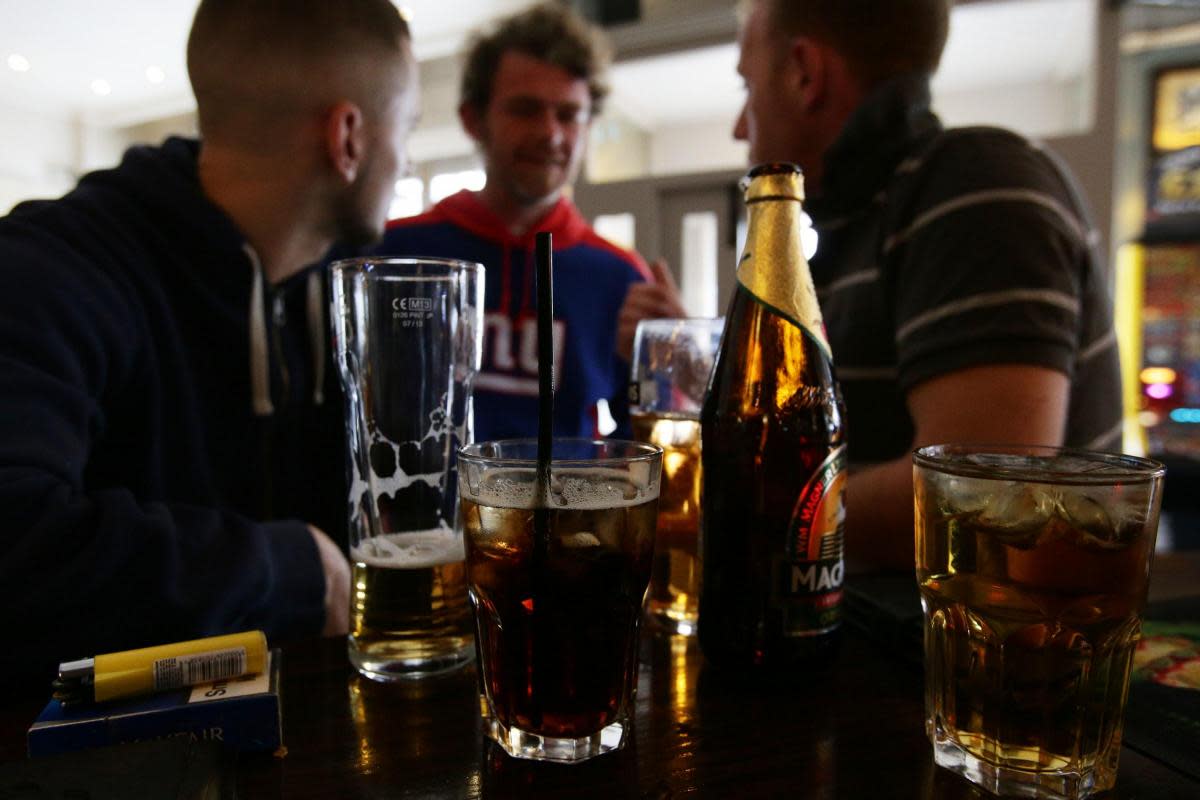Generational shift away from alcohol undermines Revolution Bars

Be it necessity or a genuine generational shift towards healthier lifestyles, the decline in late night drinking among younger patrons couldn't have come at a worse time for hospitality firms such as Revolution Bars.
The group - which has two outlets in Glasgow and two further venues in Edinburgh and Aberdeen - has this morning had its shares suspended amid a scramble to raise cash and stave off financial collapse. The move comes after Revolution failed to publish its interim results by a deadline of March 30, thereby breaching the rules of its listing on London's junior AIM market.
Following mounting press speculation, the group admitted last week that it is "actively exploring all the strategic options available" to save the business. This is thought to include the possible closure of up to a quarter of its UK estate, which includes 58 premium bars and 22 gastro pubs operating under the Revolution, Revolution de Cuba, and Peach Pub brands.
READ MORE: Revolution suspended from stock exchange as closures loom
The company enjoyed its strongest festive trading period in four years this past Christmas, with like-for-like sales up 9% during the four weeks ending New Year's Eve. Updating shareholders in January, chief executive Rob Pitcher welcomed this "pleasing" development but added that the group's target audience of younger clientele are being disproportionately affected by of the cost-of-living crisis.
However, other factors suggest that a more fundamental shift is taking place. Roughly a third of people between the ages of 18 and 24 currently do not drink alcohol at all, according to consumer research group Mintel, while growing numbers of those that do treat it as an occasional indulgence.
Whatever the reasons for these changing behaviour patterns, the fact is they are coinciding with well-documented difficulties across a hospitality sector in which many are still labouring to recover from the impact of pandemic closures. These efforts have been hampered by surging energy and food costs, staff shortages, and rising labour costs.
READ MORE: Young, sober, Scottish. Alcohol-free Gen-Zs and Millennials
Figures from the Night Time Industries Association show that 396 nightclubs closed in the UK between March 2020 and December 2023, an average of two per week. 2023 alone saw 4% of the entire UK network of nightclubs shuttered.
The closure of further venues on the scale being suggested at Revolution would lead to hundreds of job losses on top of those already gone after the group announced earlier this year that it would shut down eight of its worst-performing pubs to "reduce future site losses".
In addition to this restructuring plan for "certain parts of the group", other potential remedies include a sale of all or part of the business, as well as "any other avenue to maximise returns for stakeholders”. Revolution has also said talks are taking place with prominent shareholders and other investors such as Gail's Bakery chairman and former Pizza Express co-owner Luke Johnson regarding a potential fundraising.
Changing drinking habits are not the sole issue facing Revolution, but they are adding another significant intoxicant to a cocktail of difficulties in the hospitality sector.

 Yahoo News
Yahoo News 
